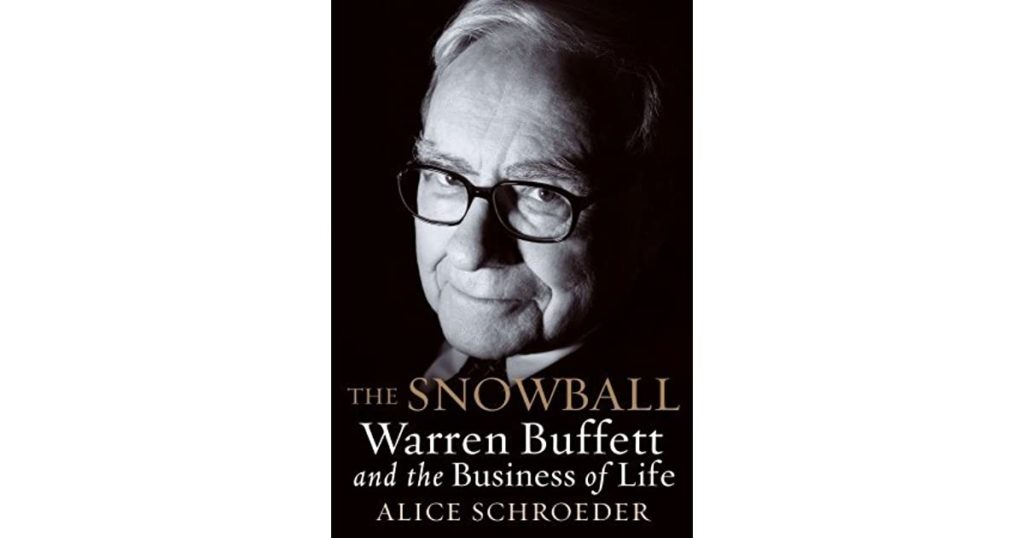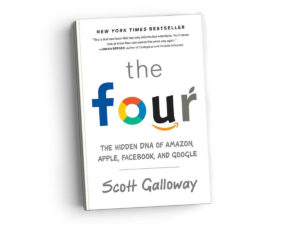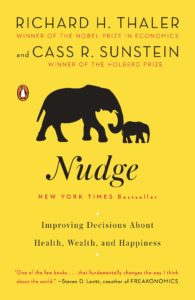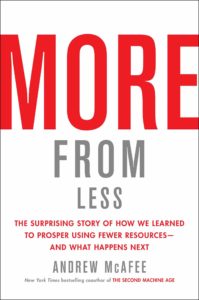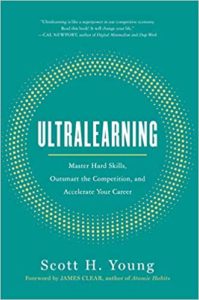Imperfect: An Improbable Life
by Jim Abbott and Tim Brown, 2012
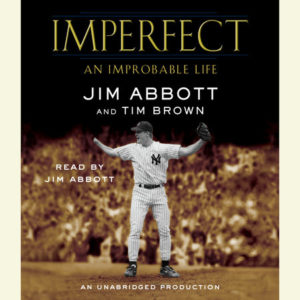
Inspiring story of Jim Abbott’s life as he overcomes being born with just one hand to pitch in the major leagues for years. The book bounces back and forth from chapter to chapter between a semi-chronological biography and a detailed look at Jim’s no-hitter while pitching for the Yankees. Well read by Jim on the audiobook version. This book helped calm me down while I was stuck in the hospital for a week in March with a collapsed lung. Soothing and uplifting.
